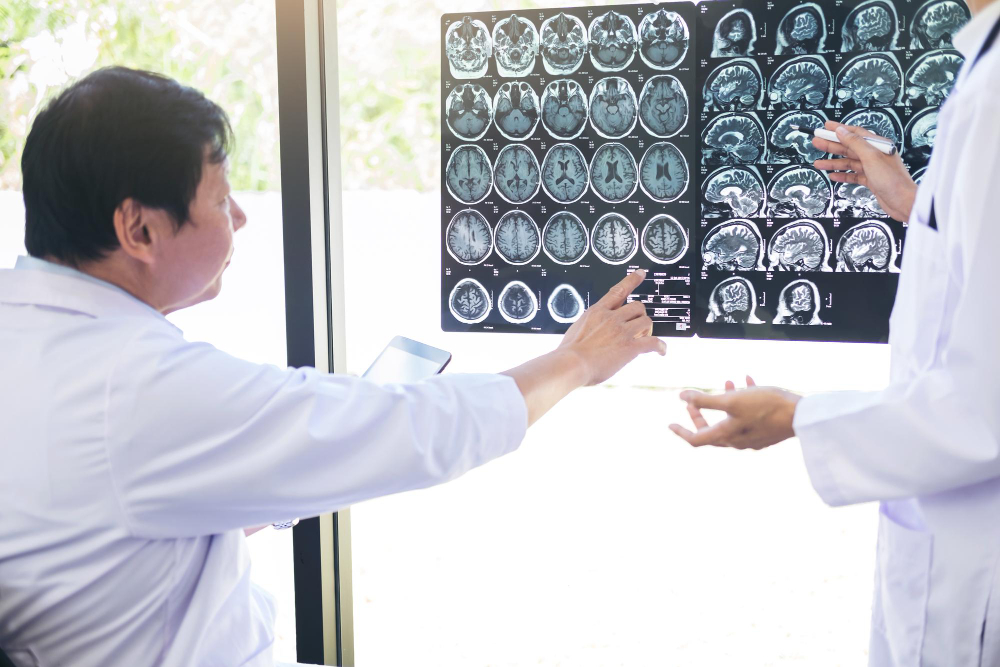The Hidden Dangers of Meningitis

Meningitis is the inflammation of the meninges, membranes responsible for protecting the brain and spinal cord. Typically caused by an infectious agent, it can be fatal and requires immediate medical attention. Meningitis may result from various species of bacteria, viruses, fungi, or parasites. Bacterial meningitis is the most common and deadly form, with a mortality rate of 50% within the first 24 hours. This serious condition can affect individuals of all ages.
Several effective treatments and vaccines are available for some of meningitis's most prevalent bacterial causes. Nevertheless, meningitis continues to represent a substantial global health concern. Acute bacterial meningitis can be caused by one of four main pathogens:
- Neisseria meningitidis (meningococcus)
- Streptococcus pneumoniae (pneumococcus)
- Haemophilus influenzae
- Streptococcus agalactiae (group B streptococcus)
These bacteria are responsible for more than half of the global mortality from meningitis and are also a significant cause of other severe diseases, including sepsis and pneumonia. Other bacteria (e.g., Mycobacterium tuberculosis, Salmonella, Listeria, Streptococcus, and Staphylococcus), viruses (such as enteroviruses and mumps), fungi (especially Cryptococcus), and parasites (such as Amoeba) also play a significant role in the etiology of meningitis.
Transmission
The majority of infections are transmitted from person to person, and the route of transmission differs depending on the organism in question. The majority of bacteria that are responsible for meningitis are typically carried within the human nose and throat. These pathogens are transmitted via respiratory droplets or throat secretions from an infected individual to a susceptible one.
Symptoms
The most common symptoms of meningitis are neck stiffness, fever, confusion or altered mental status, headaches, nausea, and vomiting. Less frequent symptoms include seizures, coma, and neurological deficits, such as hearing or vision loss, cognitive impairment, or weakness of the limbs.
The symptoms of meningitis caused by viruses or bacteria can be similar. The severity of symptoms may vary across different meningitis subtypes, necessitating treatment approaches adjusted to the specific type. The typical incubation period is four days; however, it can span two to ten days.
Prevention
Vaccines represent the most effective protection method against common types of bacterial meningitis.
Vaccines can prevent meningitis caused by the following bacteria:
- Meningococcus
- Pneumococcus
- Haemophilus influenzae type b (Hib).
Bacterial and viral meningitis can be transmitted from one individual to another. Individuals residing in the same domicile as a person who has either of the types of meningitis should take the following precautions:
It is recommended that patients consult with their medical professional regarding the potential use of antibiotics in the event of bacterial meningitis. Additionally, it is advised that patients practice frequent handwashing, particularly before eating. Patients should also avoid close contact and share personal items such as cups, utensils, or toothbrushes.
Treatment
Without urgent medical attention, meningitis can be fatal within 24 hours. It is generally inadvisable to attempt to treat the condition at home. If an individual exhibits symptoms or signs indicative of meningitis, it is important to seek immediate care at a hospital or health center. This will facilitate the verification of the diagnosis, the identification of the underlying cause of infection, and the determination of the most appropriate treatment and care plan.
Source:
World Health Organization. 2023. Meningitis
 ID
ID
 EN
EN



